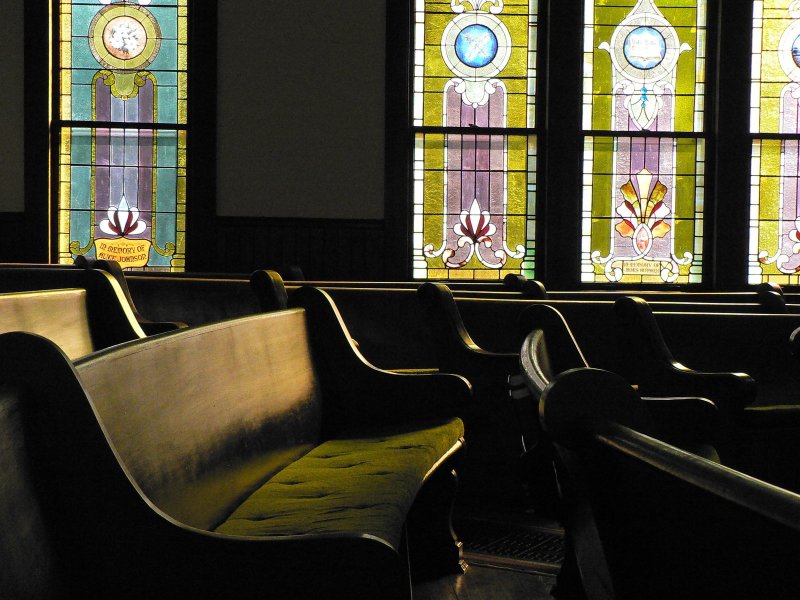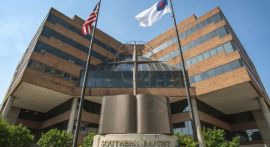
Supreme Court Justice Samuel Alito boldly declared that religious liberty is now at risk of becoming a second-class right.
In a Zoom meeting with the Federal Society, a group of conservatives and libertarians who desire to reform the country's legal system, U.S. Supreme Court Justice Samuel Alito issued a bold warning saying that religious liberty, as well as free speech, is becoming a second-class right in the United States.
He said it pains him that at certain seasons religious liberty becomes a disfavored right. He specifically mentioned the implementation of rules and restrictions during the pandemic.
Although he did not diminish the threat the virus poses to the public, Alito said the pandemic has caused "previously unimaginable restrictions on individual liberty." The restrictions governors enforced showed they did not respect the First Amendment's religious liberty protections.
He mentioned how in Nevada, the restrictions were lifted in favor of casinos. He said while the government allowed churches to gather a maximum of 50 attendees, it allowed bars, casinos, indoor amusement parks, and restaurants to accommodate up to 50 percent of their full capacity.
He added that the message in this implementation says the size of neither the building nor the sanitation after service nor the distances of people matter. He said what the state tries to impose is this: "Forget about worship and head for the slot machines, or maybe a Cirque du Soleil show."
Alito cited how the Free Exercise Clause of the Constitution's First Amendment, which is for the protection of religious liberty, does not have a "craps clause," a "blackjack clause," or even a "slot machine clause." Instead, the governors who favor the majority are in control of the implementation.
The Supreme Court Justice cited another scenario showing the risk of religious liberty being a second-hand right. He mentioned how Maryland removed the COVID 19 restriction to give easier access for women who seek abortion-inducing drugs.
A Maryland federal district judge said the pandemic should not prevent women from getting abortions. Alito quoted the district judge's said statement and said that the government seems to prioritize contraception above the people's right to be in the house of God.
The judge also discussed more cases indicating the dangers that religious freedoms are facing. He mentioned some high profile cases that surfaced in the mainstream media and the internet.
For example, the Little Sisters of the Poor, a Catholic order of nuns who runs a shelter for the needy, went through the said challenge during the Obama administration. The former administration tried to force the order to include contraceptives and abortifacients in its employees' health insurance.
The move was obviously against the religious belief and moral value of the institution. However, if the Catholic order refused to abide by it, they will face fines and worse be forced to shut down their home for the elderly.
Alito also noted how the state of Colorado commanded Jack Philips, a Christian baker and cake artist, to design cakes for same-sex weddings. His refusal meant a violation of the law.
Alito later expressed how he grieved over a Colorado Human Rights Commission officer criticized Philips stand on the issue, saying the baker used religion to justify discrimination. The Supreme Court justice responded, "For many today, religious liberty is not a cherished freedom."






















